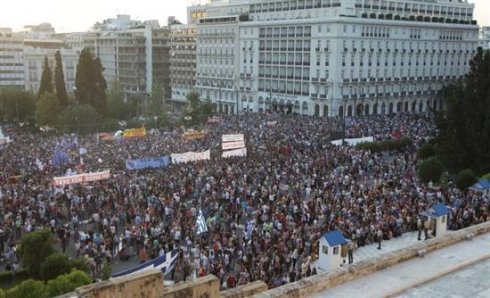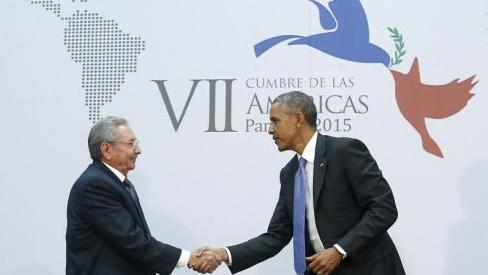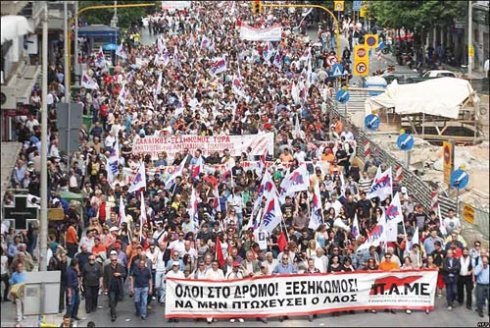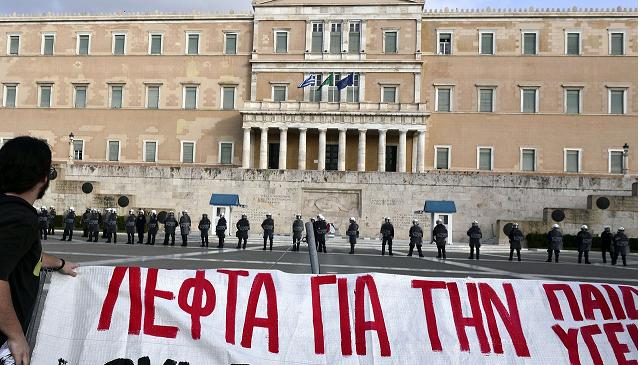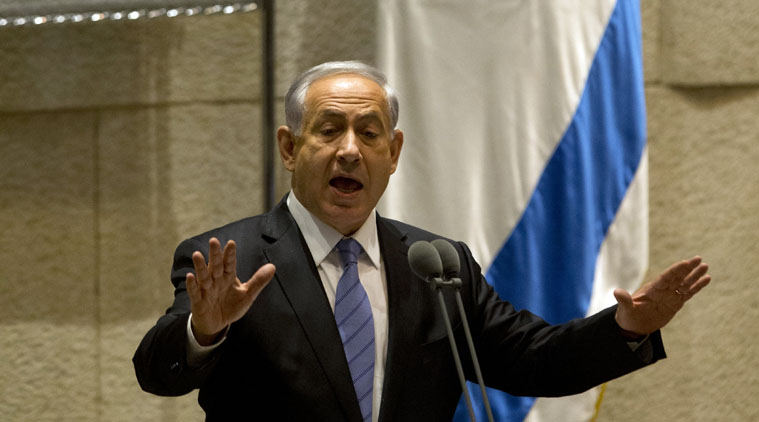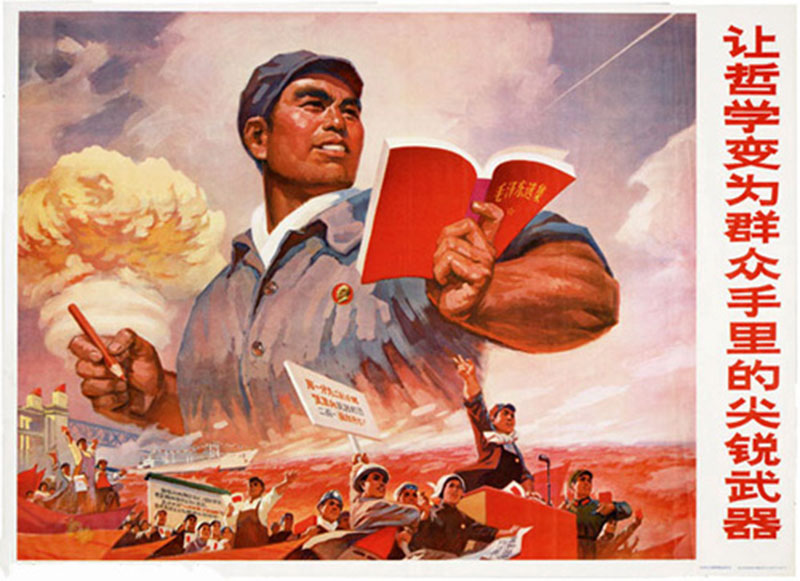Mar del Plata, Argentina
Iberian-American Summit: A pro-imperialist consensus
20/12/2010
On December 3 and 4, President Cristina de Fernandez Kirchner headed the Iberian-American Summit, number 20, in the lucky city; the main subject of the Summit, suggested by Secretary General Enrique Iglesias, was formally, "Education as a way to improve the competitiveness of the Iberian-American countries." Once again, social rhetoric was the pretext for displaying consensus at a meeting where the main agreement was the continuation of Latin America’s subordination to US and European imperialism, which are currently confronting complex domestic situations in view of the crisis.
The increasingly customary "absences"
The Summit, which brings together 22 Spanish- and Portuguese-speaking countries, had big absences (in addition to that of Porfirio Lobo, the excluded Honduran). Like the previous Summit held in 2009 in Estoril, Portugal, important Presidents of the Bolivarian Bloc (ALBA), including Chavez, Evo, Ortega and Raul Castro, did not attend the meeting. If last year these absences took place in the context of the controversy around the situation in Honduras and the red-hot tension between Venezuela and Colombia, now they seemed rather to reflect the wish to avoid greater frictions.
However, the absence of Zapatero, Prime Minister of the Spanish state, for the first time in the history of these summits, was the most significant, since, while the Bourbon King was cynically talking about universal quality education, Zapatero was signing a decree imposing the state of alarm, that militarized the airports, to curb the Spanish air traffic controllers’ strike, and he was announcing a very harsh austerity plan that will allow the Spanish bourgeoisie to unload its crisis onto the backs of working people (see the statement) [http://www.ft-ci.org/article.php3?id_article=3224].
A compromise to avoid upsetting the US
The main point of controversy was the defense made by Ecuadorean President Rafael Correa of the need explicitly to repudiate US diplomacy in view of the WikiLeaks disclosures scandal (see the separate note and analysis in La Verdad Obrera 403 [http://www.ft-ci.org/article.php3?id_article=3211], because of the offensive and divisive character of its methods and content. Recently, the fierce pressures from US diplomacy on the Latin American countries to isolate and limit the "unruly" governments, like Chavez or Evo Morales, came to light among the cables.
In spite of the shocking nature of what has been leaked, the controversy was resolved by the novel association among the Presidents closest to US interests (Chile, Mexico, Colombia), the "unruly but well-balanced" Lula da Silva of Brazil, and our hostess Cristina, who, in the context of her government’s turn to the right (see the editorial) [http://www.pts.org.ar/spip.php?article16727], this time preferred to deliver the solitary gentleman Correa to his fate. It’s just that the Ecuadorean President continues his rhetorical crusade to capitalize in his own country on the repudiation of the recent violent police protest, described at a "coup attempt" of the ultra-right, in the context of his own government’s turn to repressing popular struggles that have been developing in Ecuador.
Results
This time, questions that in the past provoked the most heated speeches were not posed. No reference to the systematic US military advance in the region (the Fourth Fleet, military bases in Colombia, the coup-plotters’ regime in Honduras, military logistics in Costa Rica). This shows the consensus that exists on not creating new fronts against declining US imperialism, led by Obama, weakened after the harsh legislative defeat suffered by his party, the Democrats, the difficulties of the US economy, the diplomatic scandals, the military quagmire in Afghanistan, the currency war with China, as well as the latent historic conflicts like that on the Korean peninsula, among others. As far as the Malvinas are concerned, nothing more than a trite appeal for negotiation.
Nor were there any interrogations of Iberian imperialism. Zapatero’s absence prevented any statement in view of the barrage of charges of shady deals between the Kirchner administration and the plundering Spanish firms.
As we have charged in regards to previous summits, we workers, campesinos and young people of Latin America can expect nothing from these meetings, where the submissive governments of the continent gather with the imperialists in order to guarantee capitalist deals. It is only the unity of the ranks of the Latin American working class that can respond to the needs and calamities of our continent.
